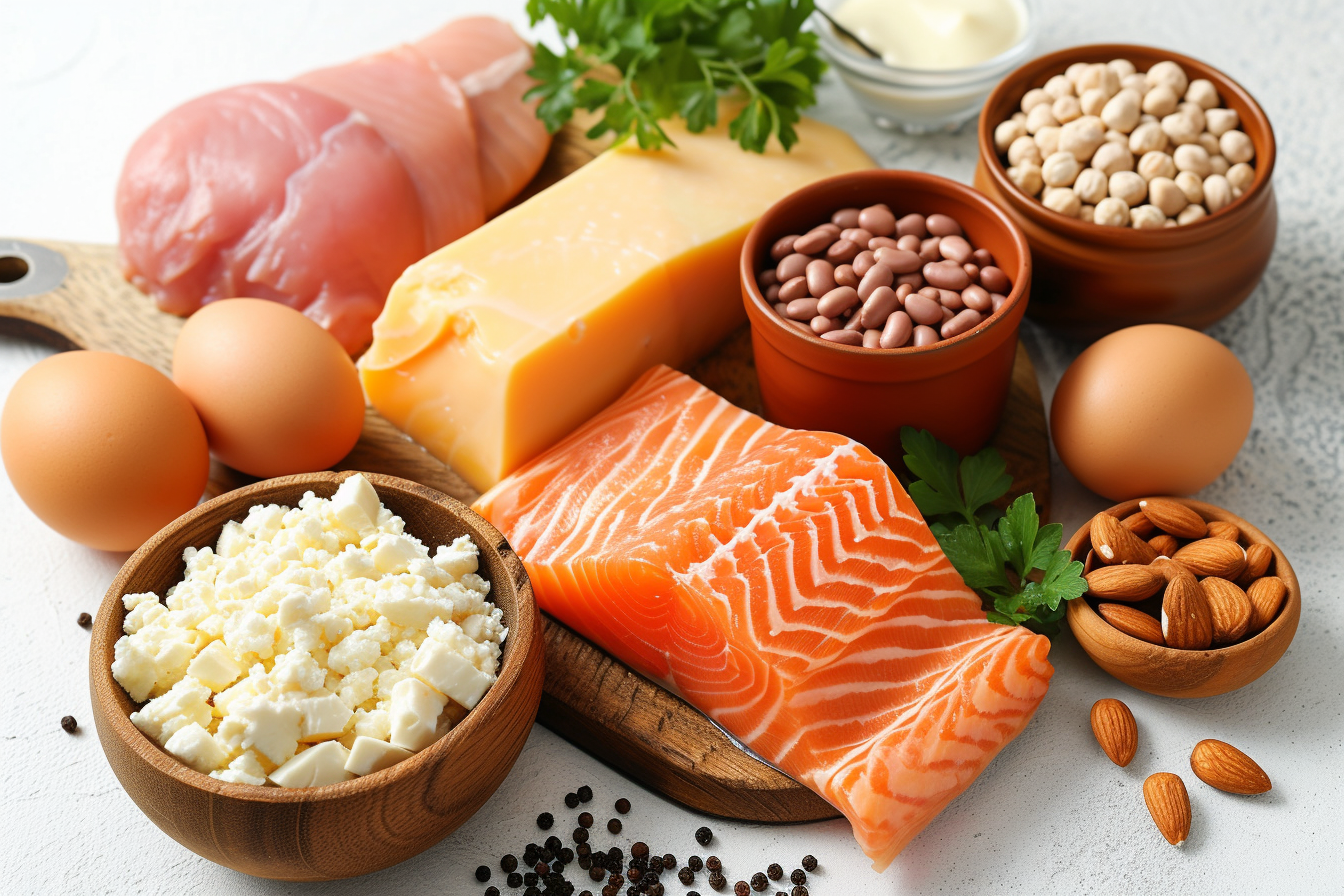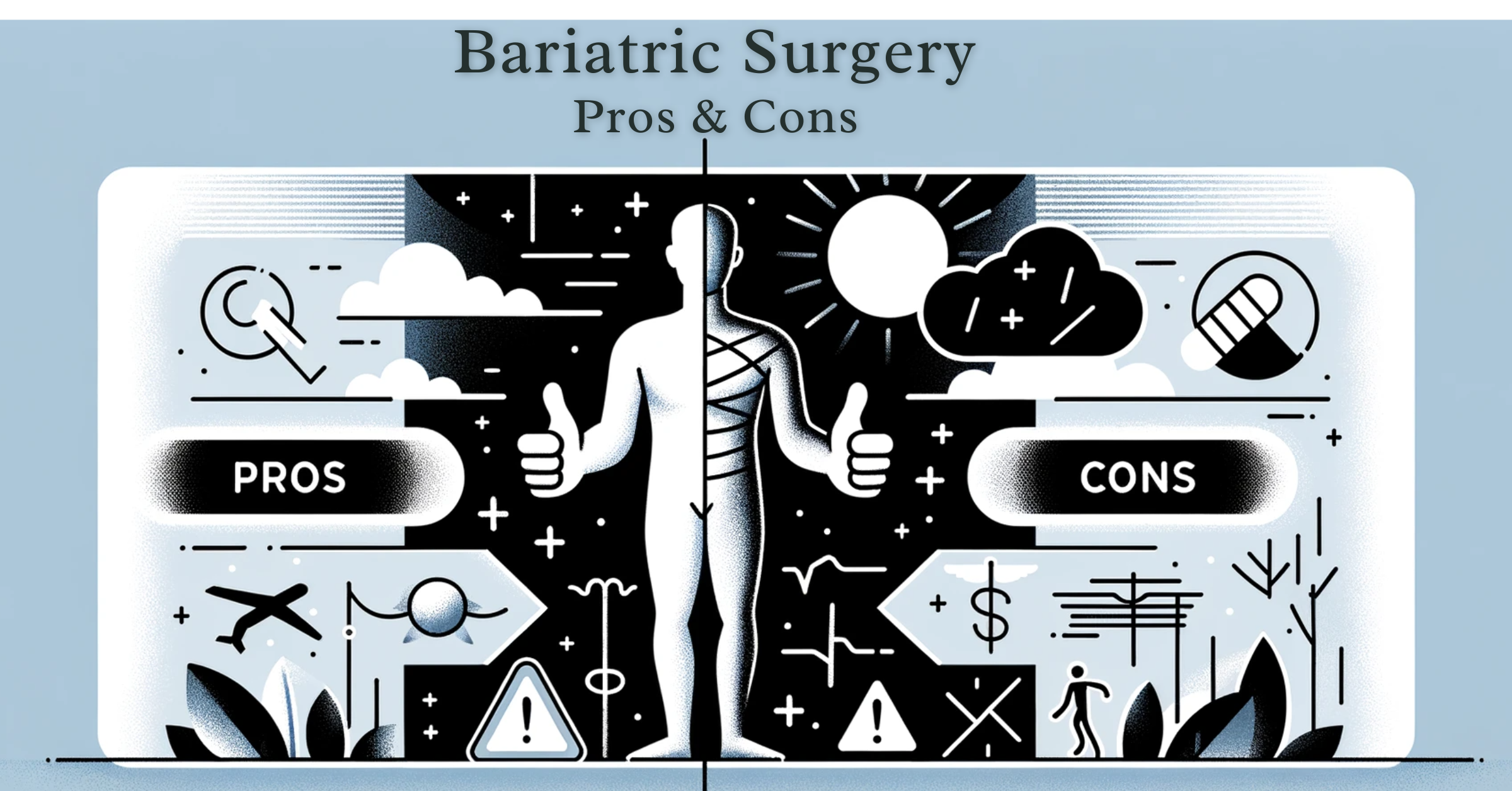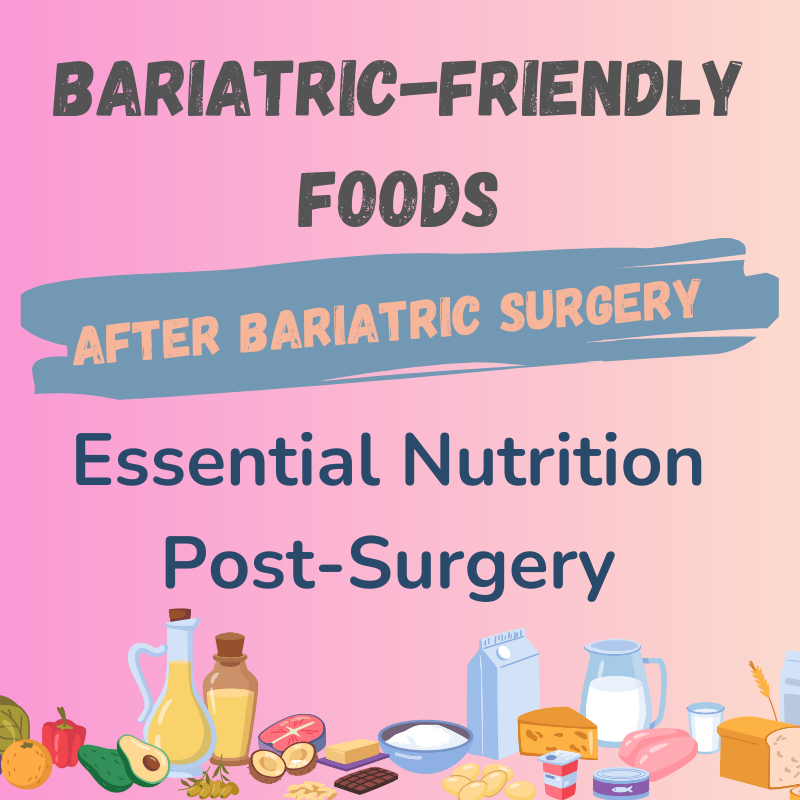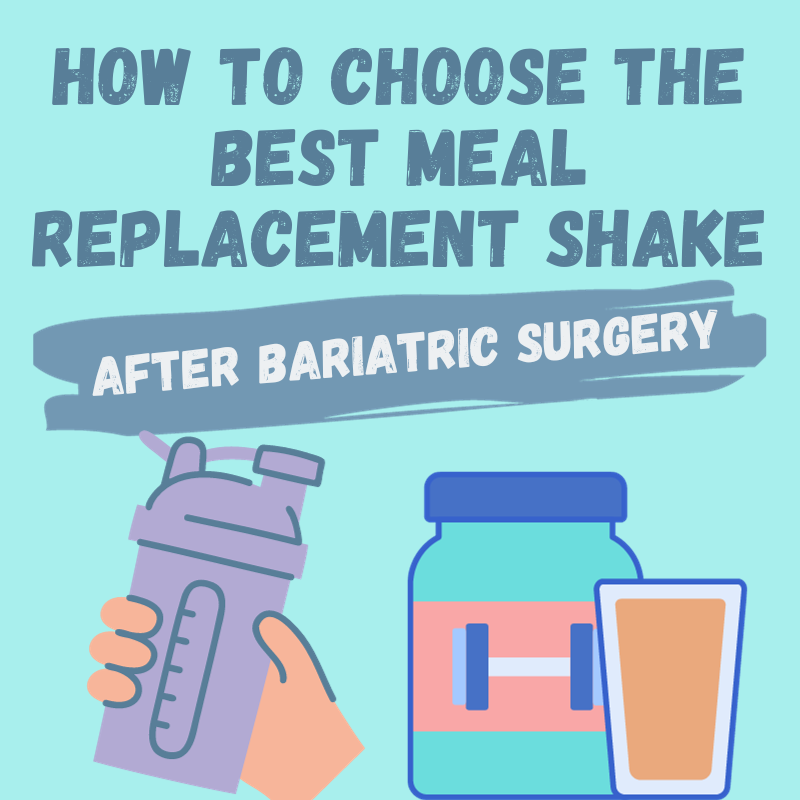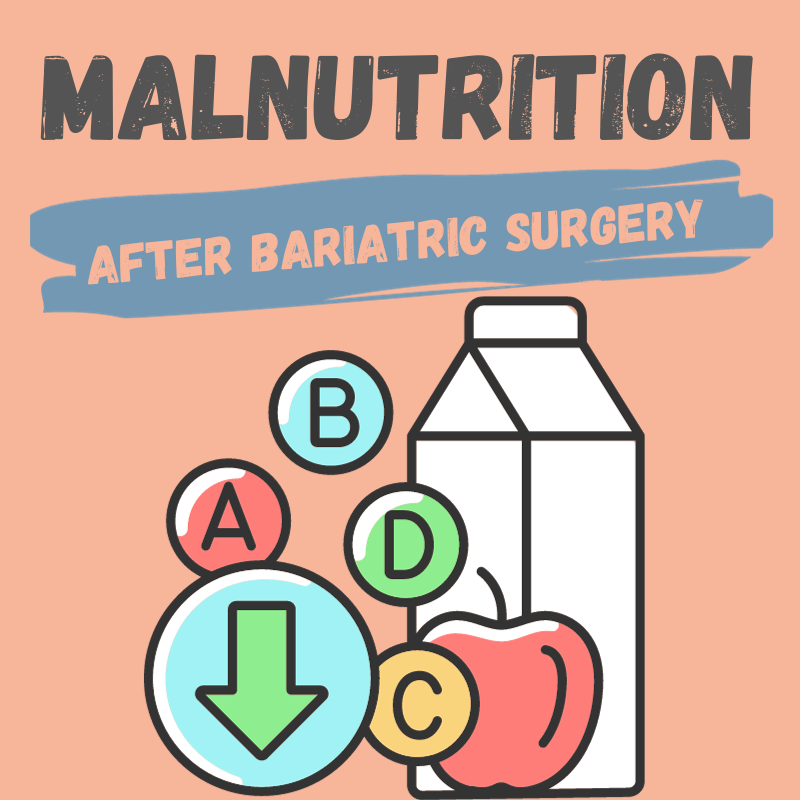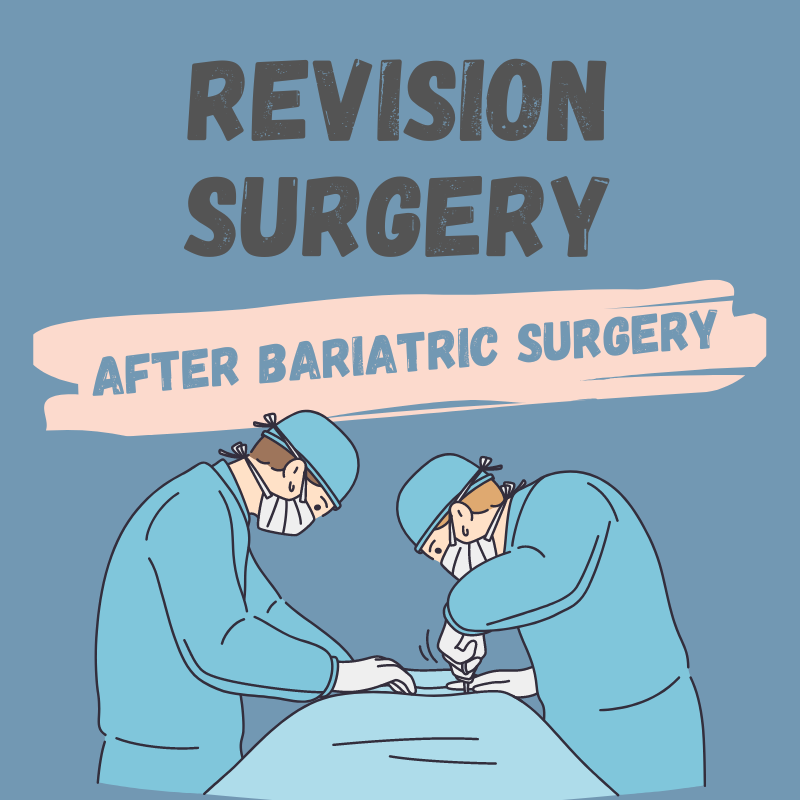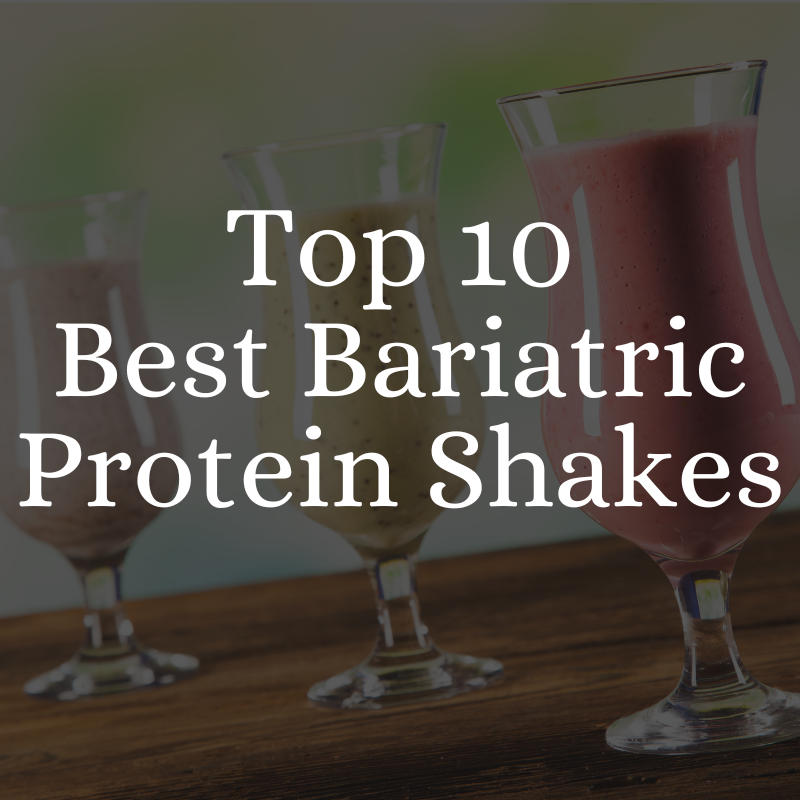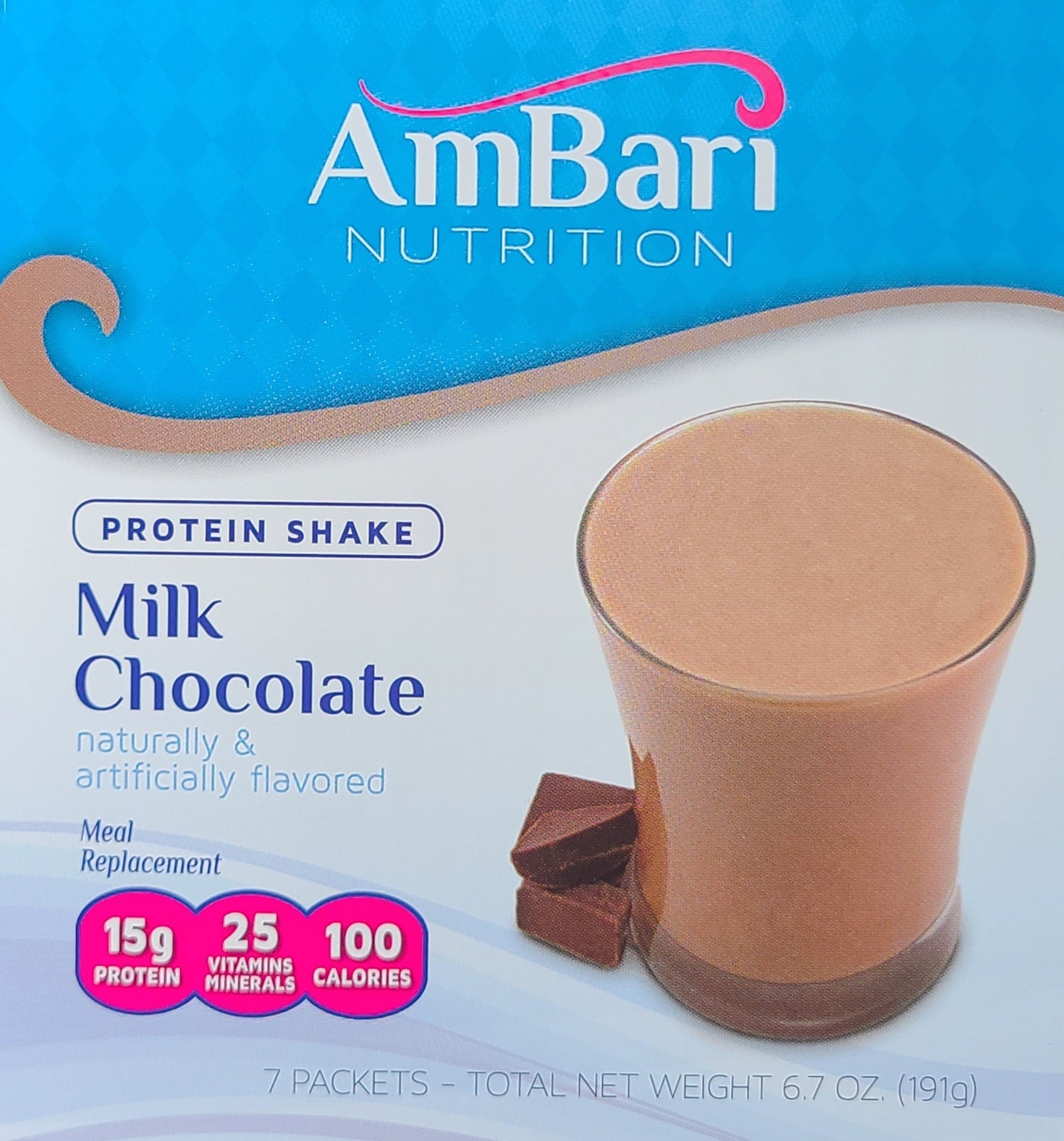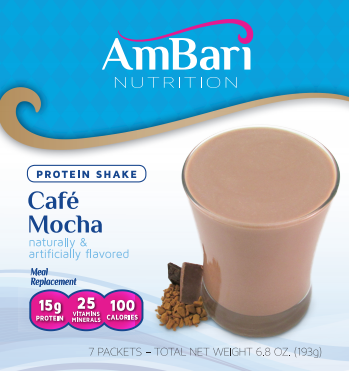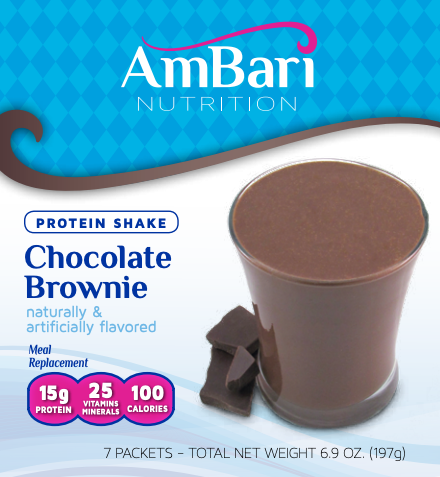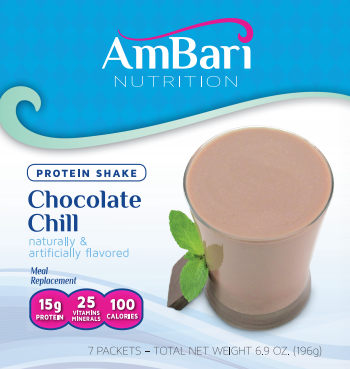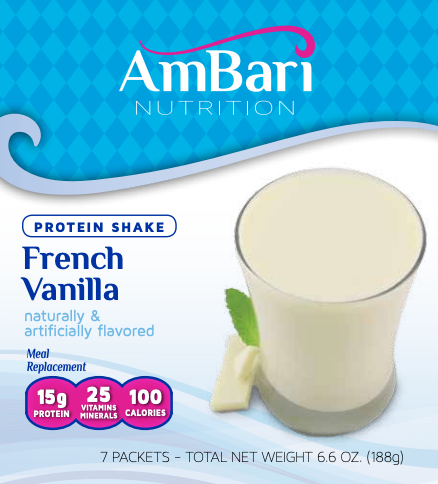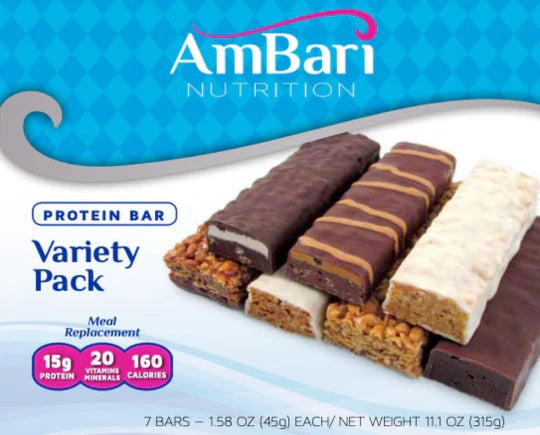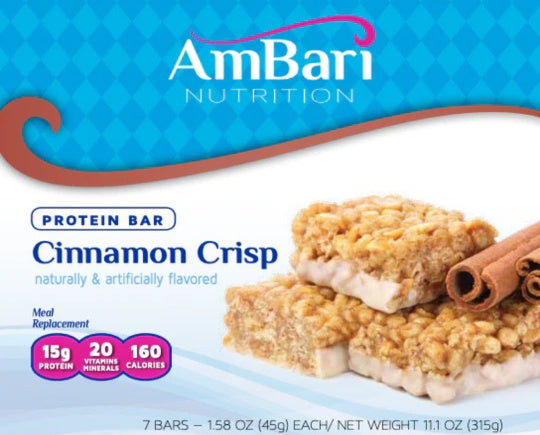Your cart is empty
Bariatric Protein

Bariatric Protein
If you're trying to lose weight through bariatric surgery, you need to know about protein. Protein is important for keeping your muscles healthy, helping you heal, and staying healthy overall. After weight loss surgery, getting enough protein is even more important. This guide will tell you everything you need to know about protein, including how much you need, the difference between liquid and solid protein, when to eat it, and what kinds of protein to eat.
Why is Protein So Important for Bariatric Patients?
Here's why protein is so important for bariatric patients:
- Healing and recovery: After surgery, the body needs to repair itself, and protein provides the necessary materials to do so. Consuming enough protein ensures a smoother and faster recovery process.
- Preserving muscle mass: Bariatric surgery leads to significant weight loss, but the goal is to lose fat, not muscle. Protein helps maintain muscle mass during weight loss, ensuring the body remains strong and functional.
- Boosting metabolism: Muscle mass is essential for maintaining a healthy metabolism, which means the rate at which your body burns calories. By preserving muscle mass, protein helps keep your metabolism in check, promoting further weight loss.
- Feeling full: Protein takes longer to digest compared to carbohydrates and fats, which means it keeps you feeling full for a more extended period. This helps curb hunger and reduce overall calorie intake.
- Maintaining healthy hair, skin, and nails: Protein is essential for maintaining the health of our hair, skin, and nails, as it plays a vital role in their structure and function.
- Supporting hormone, enzyme, and immune system function: Protein helps form hormones, enzymes, and immune system antibodies, which are crucial for the proper functioning of our body.
Daily Protein Needs
Protein needs vary depending on factors such as age, sex, lean muscle mass, daily exercise, and overall health.
- Immediately after surgery: Aim for 40-60 grams of protein per day as you adjust to a smaller stomach and new eating habits.
- After transitioning to regular food: Target 60-80 grams of high-quality protein daily.
Since the body cannot absorb more than about 30 grams of protein at once, it's essential to consume protein throughout the day across multiple meals or healthy snacks. Eat high-protein foods first during meals, in case you feel full quickly and cannot finish your meal.
Proceed with Caution
For many patients, beef, pork, lamb, and chicken breast can be particularly difficult to digest, while chicken thigh is generally well-tolerated.
- Wait at least 3 months after surgery before introducing these proteins.
- Try new proteins on weekends or evenings in case they have adverse effects.
- Choose tender cuts and avoid higher-fat (and higher-calorie) selections.
Bariatric Protein Options
Complete vs. Incomplete Proteins
Proteins and amino acids are essential for almost every metabolic process in the body. Amino acids are the building blocks of protein, and there are nine essential amino acids needed from dietary sources.
Complete Proteins
Animal-based proteins are complete proteins, containing all nine essential amino acids your body needs.
- Beef
- Poultry
- Pork
- Seafood & Fish
- Eggs
- Dairy
Incomplete Proteins
Plant-based proteins are considered incomplete proteins, as they lack one or more of the essential amino acids your body needs.
- Beans (i.e., pinto, kidney, garbanzo)
- Lentils & split pea
- Nuts & seeds
- Grains & rice
- Vegetables
Complementary Proteins
Plant-based proteins provide some of the amino acids but need to be combined with other foods (i.e., beans with rice, whole wheat toast with peanut butter) to create a complete protein, known as complementary proteins.
Protein Sources
Here are the most common sources of protein for bariatric diets:
- Whey Protein: Whey protein is derived from milk and is a popular choice for bariatric patients due to its high protein content, easy digestibility, and rapid absorption. It is also rich in essential amino acids, which support muscle growth and repair.
- Soy Protein: Soy protein is a plant-based protein derived from soybeans. It is an excellent option for those who are lactose intolerant or prefer a non-dairy protein source. Soy protein is a complete protein, containing all the essential amino acids necessary for human health.
- Casein Protein: Casein protein is another milk-derived protein that is digested more slowly than whey protein. This slow-release property makes casein an excellent choice for maintaining a steady flow of amino acids to the muscles, promoting satiety and supporting muscle growth throughout the day.
- Plant-Based Protein: Plant-based proteins, such as pea, rice, and hemp protein, are excellent options for vegetarians, vegans, or those with dairy or soy allergies. These proteins are derived from various plant sources, and while some are complete proteins, others are not. After bariatric surgery, it is essential to note that plant-based proteins may not be the ideal choice because they are generally higher in carbohydrates or fat and calories while lower in protein compared to meat and dairy protein sources. Nonetheless, plant-based proteins can still be a valuable part of a bariatric patient's diet when combined strategically as complementary proteins.
Protein Intake After Bariatric Surgery
Pre-Op Protein Preparation
Before bariatric surgery, patients are often encouraged to follow a high-protein, low-carbohydrate diet to prepare their bodies for the procedure. This pre-operative diet helps reduce liver size and body fat, making the surgery safer and more effective.
Post-Op Protein Requirements
After surgery, protein intake becomes a top priority for bariatric patients. The specific protein requirements may vary depending on the type of surgery, the individual's weight, and their activity level. However, most bariatric patients are advised to consume between 60-120 grams of protein per day. Talk with your doctor or dietitian to determine the appropriate protein intake for your specific needs.
Bariatric Protein Supplements
Bariatric patients can get protein from various sources, including lean meats, dairy products, and plant-based sources. However, due to the reduced stomach capacity and altered digestion after surgery, it may be challenging to meet protein requirements through eating regular meals with these sources of protein. Bariatric protein supplements, such as protein powders, shakes, and bars, offer an easy solution to help patients reach their daily protein goals. These supplements are specifically formulated to meet the unique needs of bariatric patients, with easy-to-digest and high-quality protein sources.
Bariatric Protein Shakes
Protein shakes are a popular and convenient way to consume protein after bariatric surgery. By blending bariatric protein powder with water, milk, or a milk substitute, you can create a tasty and nutritious drink. You can also add fruits, vegetables, and other ingredients to create a variety of flavors and textures.
Bariatric Protein Bars
Bariatric protein bars can be a quick and portable option for on-the-go protein needs. Many commercial bars are available, or you can make your own using a combination of protein powder, oats, nuts, seeds, and other ingredients. Homemade bars can be tailored to your taste preferences and dietary needs, ensuring you get the protein and nutrients required.
Conclusion
Remember to always follow your doctor’s and dietician’s advice when it comes to your diet. Different patients have different situations that can cause them to need more or less of certain nutrients including protein. Different types of bariatric surgeries will also have an effect on you react to food. Everyone is different, so take the time to explore your different options with protein, and eventually it will just come natural without having to think about every specific food you eat.
Want to learn more about eating right after bariatric surgery? Check out our easy-to-understand Guide to Nutrition After Bariatric Surgery for helpful tips, ideas, and advice.
Bariatric Guides & Information
More Info
Customer Favorites
- Choosing a selection results in a full page refresh.

